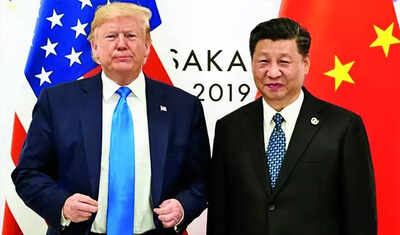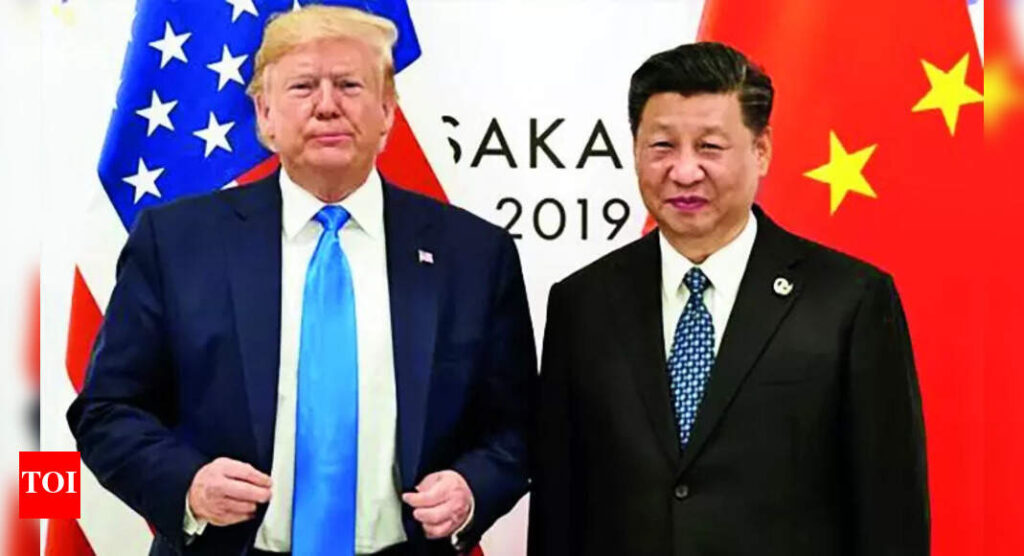
Top officials from the US and China agreed on Tuesday to continue discussions about extending a fragile trade truce that is set to expire in mid-Aug, but did not immediately reach an agreement to avert a potentially destabilising trade war between the world’s largest economies.The announcement came after two days of intensive talks in Stockholm, the third formal round of negotiations since President Trump raised tariffs on Chinese goods to triple-digit levels this year, drawing sharp retaliation from Beijing and bringing much of the trade between the countries to a halt.Treasury secretary Scott Bessent, who led the US discussions along with Jamieson Greer, the US Trade Representative, called the talks “constructive” but said the final decision about whether to extend the pause would be made by Trump. Nothing is agreed until we speak with President Trump,” Bessent said Tuesday. If Trump approves a tariff pause with China, Bessent said it would likely be for another 90 days. Trump, speaking to reporters on Air Force One on Tuesday, said that he would discuss the situation with his top advisers on Wednesday and “either approve it or not.” He appeared to indicate at one point that the talks between the US and China had hit some unspecified road blocks. “I said, ‘Oh, here we go again,'” Trump said, before adding, “today it worked out.”Stocks wobbled somewhat on news from the talks in Stockholm, as investors worried about renewed trade tensions between Washington and Beijing.Previous rounds of negotiations secured a temporary cessation of hostilities. The two sides met for more than five hours on Monday in the offices of the Swedish PM, in central Stockholm. They reconvened on for another roughly five hours – breaking to have a salad for lunch – on Tuesday. He Lifeng, the vice premier for economic policy, led the talks on behalf of China.China’s top trade negotiator, Li Chenggang, also described the talks as constructive, but told reporters in Stockholm after the talks that both sides recognized the importance of maintaining a stable trade relationship.











